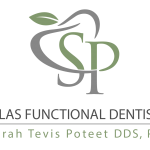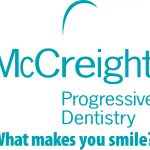
For many years now, research has shown that there is a mouth body connection. In other words, what is happening in the mouth can impact what is happening with the body! In order for someone to have good health, they need to have good oral health. Unfortunately, periodontal disease is silent, as it does not hurt until it is severe. The minimal pain factor as periodontal disease develops may be why 80% of the United States population is suffering from periodontal disease. In the next paragraphs ...
Read More









